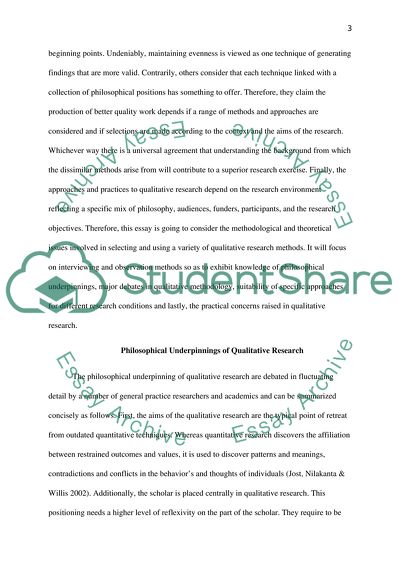Cite this document
(“Introduction to Research in Education Paper Example | Topics and Well Written Essays - 3250 words”, n.d.)
Introduction to Research in Education Paper Example | Topics and Well Written Essays - 3250 words. Retrieved from https://studentshare.org/education/1879848-qualitative-research
Introduction to Research in Education Paper Example | Topics and Well Written Essays - 3250 words. Retrieved from https://studentshare.org/education/1879848-qualitative-research
(Introduction to Research in Education Paper Example | Topics and Well Written Essays - 3250 Words)
Introduction to Research in Education Paper Example | Topics and Well Written Essays - 3250 Words. https://studentshare.org/education/1879848-qualitative-research.
Introduction to Research in Education Paper Example | Topics and Well Written Essays - 3250 Words. https://studentshare.org/education/1879848-qualitative-research.
“Introduction to Research in Education Paper Example | Topics and Well Written Essays - 3250 Words”, n.d. https://studentshare.org/education/1879848-qualitative-research.


